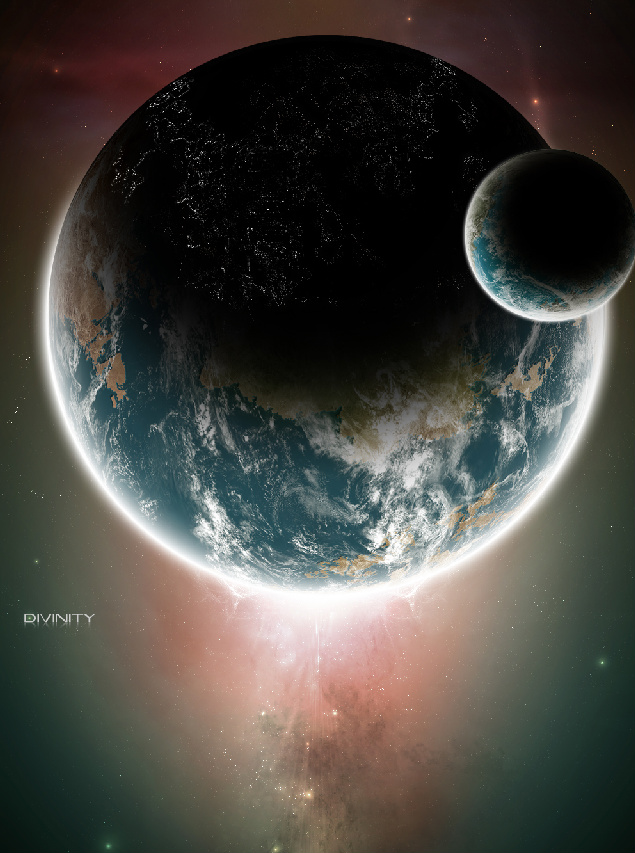Brazil's coach, Vicente Feola, imposed strict rules on the squad for the 1958 FIFA World Cup, held in Sweden. The players were given a list of forty things that they were not allowed to do, including wearing hats or umbrellas, smoking while wearing official uniforms and talking to the press outside of allocated times. They were the only team to bring a psychologist to the training camp (because the memories of 1950 still affected some players) or a dentist (for, because of their humble origins, many players had dental problems, which caused them infections and also had negative impact on performance), and had sent a representative to Europe to watch the qualifying matches a year before the tournament had begun.
Brazil national team at 1959 Copa America
Brazil were drawn in the toughest group, with England, the USSR and Austria. They beat Austria 3–0 in their first match, then drew 0–0 with England. The Brazilians had been worried about their match with the USSR, who had exceptional fitness and were one of the favourites to win the tournament; their strategy was to take risks at the beginning of the match to try and score an early goal. Before the match, the leaders of the team, Bellini, Nílton Santos, and Didi , spoke to coach Vicente Feola and persuaded him to make three substitutions which were crucial for Brazil to defeat the Soviets and win the Cup: Zito, Garrincha, and Pelé would start playing against the USSR. From the kick off, they passed the ball to Garrincha who beat three players before hitting the post with a shot. They kept up the pressure relentlessly, and after three minutes, which were later described as "the greatest three minutes in the history of football",[18] Vavá gave Brazil the lead. They won the match by 2–0. Pelé scored the only goal of their quarter-final match against Wales, and they beat France 5–2 in the semi-final. Brazil beat the host Sweden, in the final by 5–2, winning their first World Cup and becoming the first nation to win a World Cup title outside of its own continent. A celebrated fact was that Feola would sometimes take naps during training sessions and would sometimes close his eyes during matches, giving the impression that he was asleep. Because of this, Didi was sometimes said to be the real coach of the team, as he commanded the midfield.
In the 1962 FIFA World Cup, Brazil earned its second title with Garrincha as the star player, a mantle and responsibility bestowed upon him after the regular talisman, Pelé, was injured during the first group match against Mexico and unable to play for the rest of the tournament.
In the 1966 FIFA World Cup, the preparation of the team was affected by political influences. All the major Brazilian clubs wanted their players included in the Brazilian team, to give them more exposure. In the final months of preparation to the World Cup, the coach Vicente Feola was working with 46 players, of which only 22 would go to England; this caused lots of internal dispute and psychological pressure on the players and managing staff. The result was that, in 1966, Brazil had their worst performance in all World Cups. Another perhaps bigger issue was that Pelé, who possibly had been at the height of his career at this stage, was chopped off at seemingly every opportunity in the group matches.The 1966 tournament was remembered for its excessive physical play, and Pelé was one of the players affected by such play. After becoming the first player ever to score in three World Cups, with a direct free kick against Bulgaria, he had to rest, due to fatigue, for the match against Hungary, which Brazil lost. He then faced Portugal, and several violent tackles by the Portuguese defenders caused him to leave the match and the tournament. Brazil lost that match and were eliminated in the first round of the World Cup for the first time since 1934. After the tournament, Pelé declared that he did not wish to play in the World Cup again.
Brazil won its third World Cup in Mexico in the 1970 FIFA World Cup. Brazil fielded what has since then been considered the best association football squad ever, led by Pelé in his last World Cup final, captain Carlos Alberto Torres, Jairzinho, Tostão, Gérson and Rivelino. After winning the Jules Rimet Trophy for the third time, Brazil were allowed to keep it for good.
Brazil’s results in 1970 were as follows:
Group 3: Brazil 4–1 Czechoslovakia Brazil 1–0 England Brazil 3–2 Romania
Quarter-final: Brazil 4–2 Peru Semi-final: Brazil 3–1 Uruguay Final: Brazil 4–1 Italy
Six games, six wins. Jairzinho was second top scorer with seven goals, Pele finished with four goals. Most importantly, Brazil lifted the Jules Rimet World Cup trophy for the third time, which meant they got to keep it. An incredible achievement that no nation has ever equalled. The dominance of the Brazil teams of 1958 to 1970 are the reason we have a different World Cup trophy today. However, it would be 24 years before Brazil got their hands on the new version.
Brazil packageBOSS Construction LLC